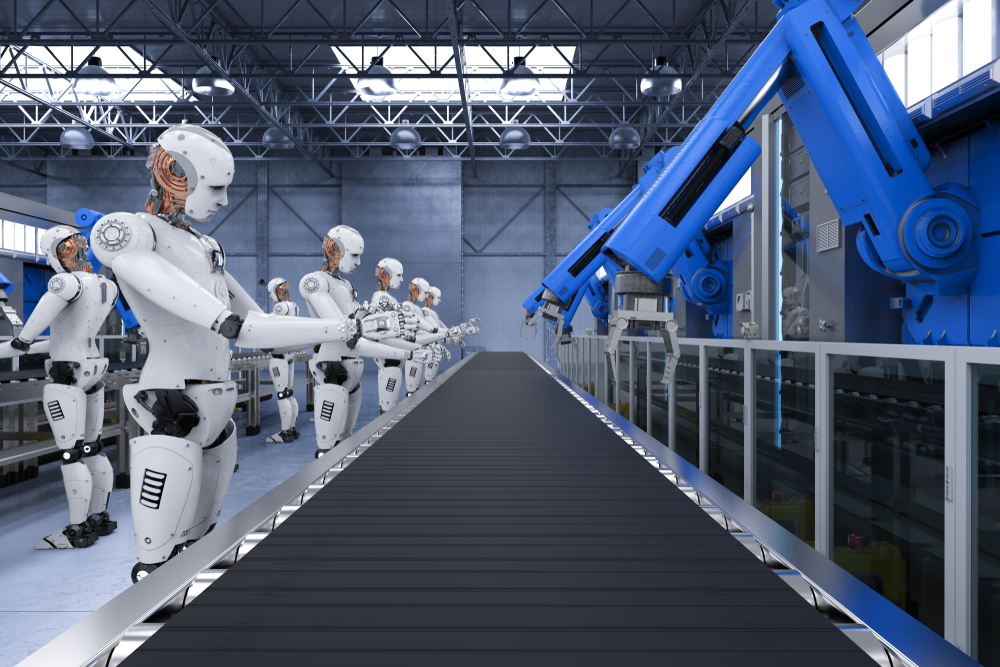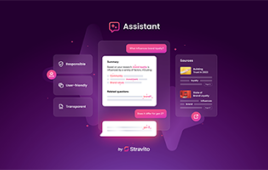
Could robots soon help rescue crews save the survivors of a natural disaster? Such a mission would require that the robots be able to determine, on their own, which tasks to perform and in what order to perform them; for instance, there is no use attempting to pull a victim out of rubble if the rubble has not yet been cleared. Currently, engineers are responsible for programming the sequence of actions. But this could soon change!
Mauro Birattari and Lorenzo Garattoni, researchers at the IRIDIA laboratory (Brussels School of Engineering, Université Libre de Bruxelles), have recently shown that robots are able to collectively decide in what order they should complete their tasks. The results of their research are published in Science Robotics this Wednesday, July 18.
The researchers from the IRIDIA laboratory have based their study on swarm robotics, a branch of robotics that draws from the collective and organised behaviour of social animals (such as ants) in order to create groups of robots that exhibit artificial intelligence. Robots are currently able to communicate and coordinate in order to make decisions and carry out simple tasks, such as moving an object or picking one of two paths. For their latest research, Mauro Birattari and Lorenzo Garattoni have taken it one step further in terms of complexity: they have created a swarm of robots that is able to perform a sequence of three actions, without knowing the correct order in advance. In practice, the robots were required to move to three different points in space, where they were to perform a simple task. Only after the tasks were completed would the robots learn whether the order was correct. In order to solve this problem, some of the robots gradually form a chain between the three points in space, which the others use as a guide as they test the various possible combinations by following instructions from the robots who make up the chain (see photo). Eventually, they determine the correct sequence by working together.
This study demonstrates, for the first time, that robots are able to collectively determine a sequence of actions whose required order was previously unknown. This ability to plan ahead is considered to be a complex cognitive skill, and it emerges from the interactions between the individuals in the group: together, the robots are able to plan a sequence of actions, which no individual in the group would be able to do alone.
This research paves the way to a number of potential applications involving a group of ‘smart’ robots, i.e. robots that can solve problems on their own. The possibilities that the researchers anticipate include searching for survivors after a natural disaster, exploring unknown or hostile environments, building structures on dangerous sites, and various applications in agriculture. The ability–demonstrated in this study–to autonomously determine the order in which tasks should be completed is essential for these types of missions.
Mauro Birattari is laureate of an ERC Consolidator Grant. This research was leaded for the ERC project “DEMIURGE: automatic design of robot swarms”.




